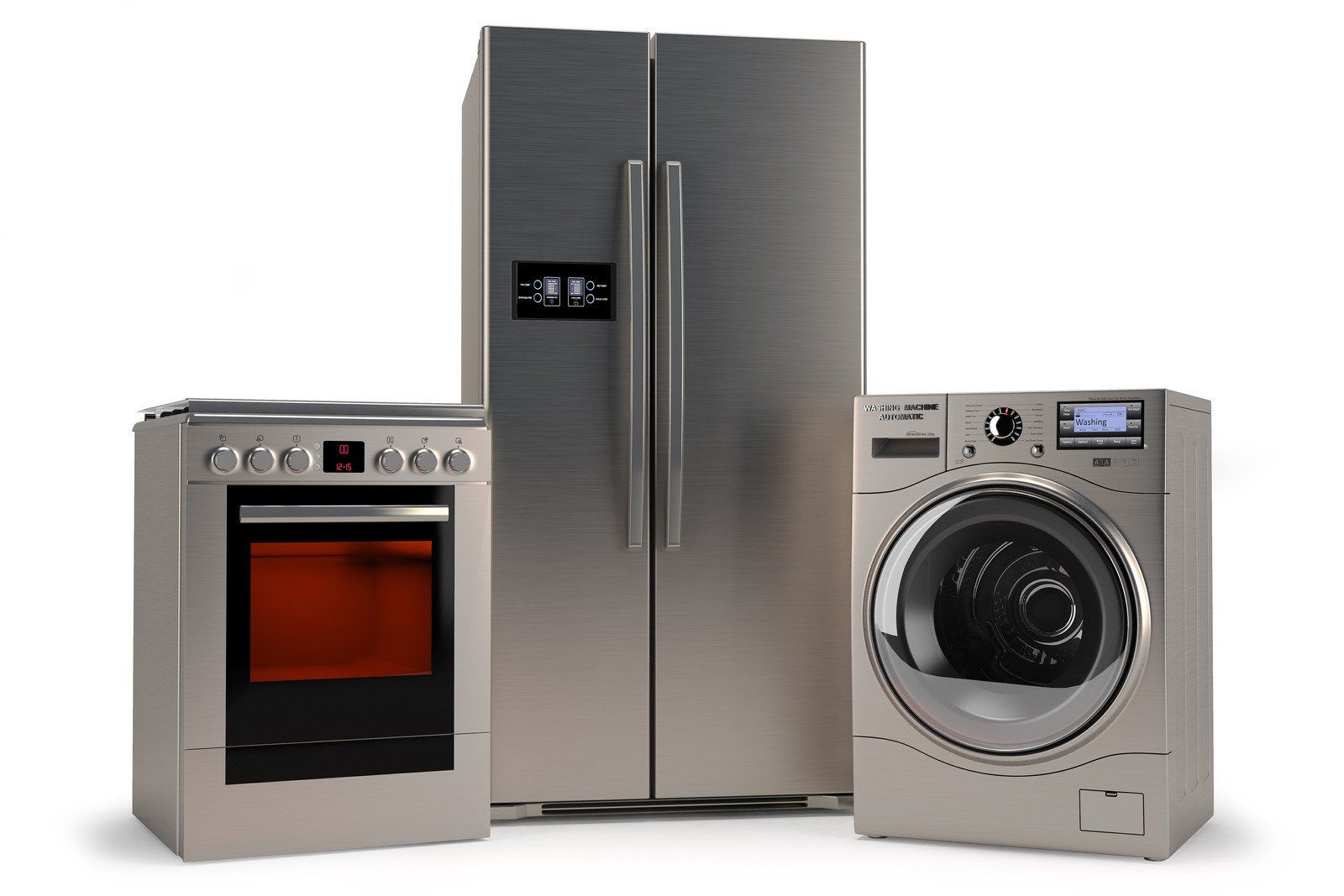What to Do When Your Microwave Stops Working
A microwave makes cooking easier by heating food quickly. When it stops working, meals take longer to prepare. You may wonder if you should repair it or buy a new one. The right decision depends on several factors. The age of the microwave, the cost of repair, and the nature of the problem are important things to consider.
Ignoring a faulty appliance may lead to bigger issues. A minor problem today could turn into a safety hazard later. Quick action helps avoid inconvenience and potential risks. Below are important steps to follow when dealing with a malfunctioning microwave.
Check Power Connections
Loose or faulty plugs often cause appliances to stop running. Inspect the cord and outlet before considering other possibilities. Plug another device into the same socket. If it does not work, the outlet may be the problem. Resetting a tripped breaker could restore electricity to the unit.
Blown fuses also disrupt function. If resetting does not help, a professional should check the electrical system. Attempting to fix wiring without experience may lead to further damage.
Look for Visible Issues
Damaged parts create safety risks. If sparks, smoke, or unusual smells come from the unit, unplug it immediately. Electrical problems worsen over time, so delaying action may cause more harm.
Burn marks or melted areas on the cord indicate overheating. Replacing a damaged cord might resolve the issue, but deeper problems could exist. Professional inspection helps identify hidden hazards before they escalate.
Consider the Appliance’s Age
Microwaves function well for several years before wear affects performance. Most last between seven and ten years. If breakdowns happen often, investing in a new model may be better than repairing an old one.
Newer designs offer better efficiency and advanced features. A replacement reduces future repair costs and improves convenience. However, if the unit is relatively new, repair services might be a better option.
Check Warranty Coverage
Many manufacturers provide warranties that cover defects for a specific period. If the purchase date falls within the coverage time, repairs might come at little or no cost. Review warranty documents to confirm eligibility.
Some warranties only apply to specific components. Contacting the manufacturer provides clear guidance on available options. Following official procedures increases the chances of getting assistance without extra expenses.
Seek Professional Help
Technicians diagnose problems accurately and offer solutions that suit the situation. Skilled specialists handle electrical repairs safely. Calling an expert prevents further damage and avoids unnecessary risks.
Compare Repair vs. Replacement
A minor problem usually costs less to fix. Simple electrical faults or worn-out components may only require quick servicing. However, if the cost of fixing it approaches the price of a new one, replacing it makes more sense.
A non-working microwave does not always require replacement. Checking power sources, inspecting for damage, and considering age help determine the next step. Warranties may cover some issues, while professional repairs solve others. Deciding between fixing and replacing depends on cost, safety, and long-term benefits. Taking quick action keeps kitchen routines running smoothly.
Top Rated Appliance Repair
Service Areas

Slide title
Write your caption hereButton

The region's leading professional with over 30 years experience.
Navigation
Working hours
- Mon - Fri
- -
- Saturday
- -
- Sunday
- Closed
